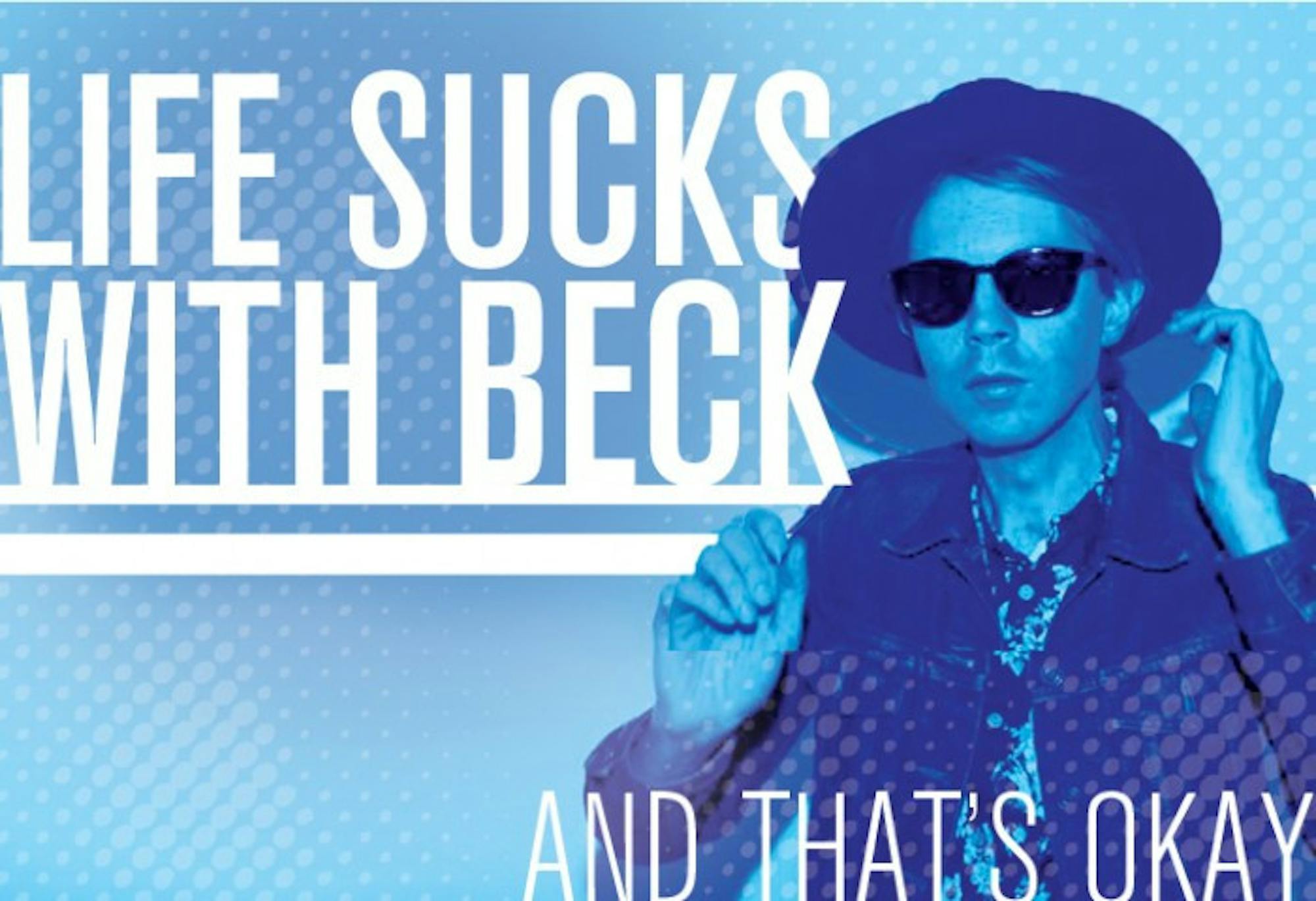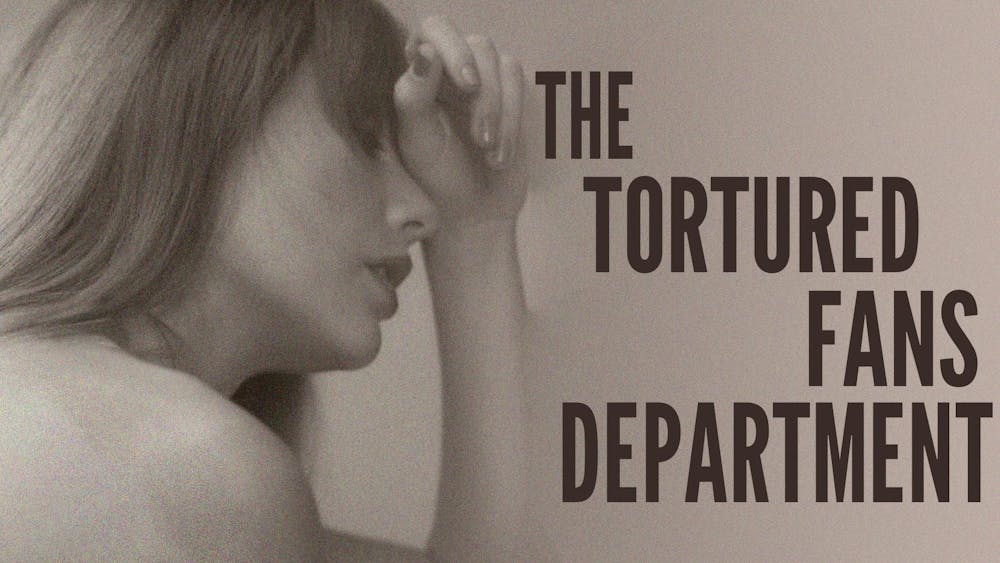
When I was a younger and more ignorant man, I was under the impression that Beck and Jeff Beck were the same person (it’s okay to laugh). Maybe it’s because their names are similar — it’s certainly not because their music is similar. This led me to be under the impression that Beck had two very different and distinct sounds. There was the silent Beck whose sassy and elaborate guitar solos sent crowds of awestruck fans to their knees, and the Beck whose cryptic lyrics, clunky rhythm and minimalistic sound (coupled with all of that crazy Beckish ambience) made me feel fine with the mediocrity of my existence. I loved both versions.
Obviously I was working under a false assumption. Beck and Jeff Beck are very clearly two distinct people with two distinct bodies, attitudes and musical styles. And although as I have become a more handsome, wiser man, I have realized that Jeff Beck and Beck aren’t the same person — the release of Beck’s 12th studio album, “Morning Phase,” has convinced me that there are two distinct versions of Beck within the man’s discography. There’s Everybody’s Favorite Beck, whose classics like “Loser,” “E-Pro” and “Devils Haircut” remind us of when we first learned to develop musical taste from our older siblings. He’s got groovy and frequent breakdowns starring trumpets horns, organs, or his trademark afterglow vocals speaking at you overtop break beat drums. He’s got a groggy guitar that finds something sexy and simple, and sticks with it. He’s a ton of fun.
Then there’s the Other Beck — a Beck I assumed to be an anomaly until last Tuesday. This Beck is the author of 2002’s “Sea Change,” whose bending guitar accompaniment arches over melancholy acoustic progressions. The drums, while still sluggish and tentative, sit in the background as a timekeeper for the other instruments — a more classical take in contrast to Beck’s beat driven feel-good albums. Instead of topics of discrete objects, events or people, “Sea Change” flicks its cigarette on the pavement and, with head down and hands in pockets, tiredly walks down a road of romantic hindsight. It’s lines like “It’s only lies that I’m living/it’s only tears that I’m crying/ it’s only you that I’m losing/ I guess I’m doing fine” (“Guess I’m Doing Fine”), and “It’s nothing I haven’t seen before/ but it still kills me like it did before” (“End of the Day”) that make us take a double take and ask Beck, “Are you okay?”
This is the Beck that re-surfaces with “Morning Phase.” Almost completely acoustic, Beck sets out with a guitar (and rare additional accompaniment) to shoot the listener into a content and aware state of being in a world full of potential disappointment. It’s, like, totally zen, man. Beck sings: “See the sleep that rests upon/The quiet street we’re standing on/Is it time to go away?/Try again some other day?/These are the words we use to say goodbye” (“Say Goodbye”) and “Turn away/ from the weight of your own past/It’s the magic of the devil” (“Turn Away”) to help us realize that although sometimes life sucks, life won’t always suck. While the quiet sadness “Sea Change” turned out to be the result of a break-up after a nine9-year relationship, the passive wisdom in “Morning Phase” doesn’t necessary strike me as a mourning phase. Until I hear a press release from Beck about a recent tragedy in his personal life, I think the inspiration behind this return to depth is simply the tired realizations of a 42-year-old father of two, who is both realizing and trying to get across that he is no longer the same 24-year-old who wrote “I’m a loser, baby/so why don’t ya kill me” on top of a sauntering dirty channel.













